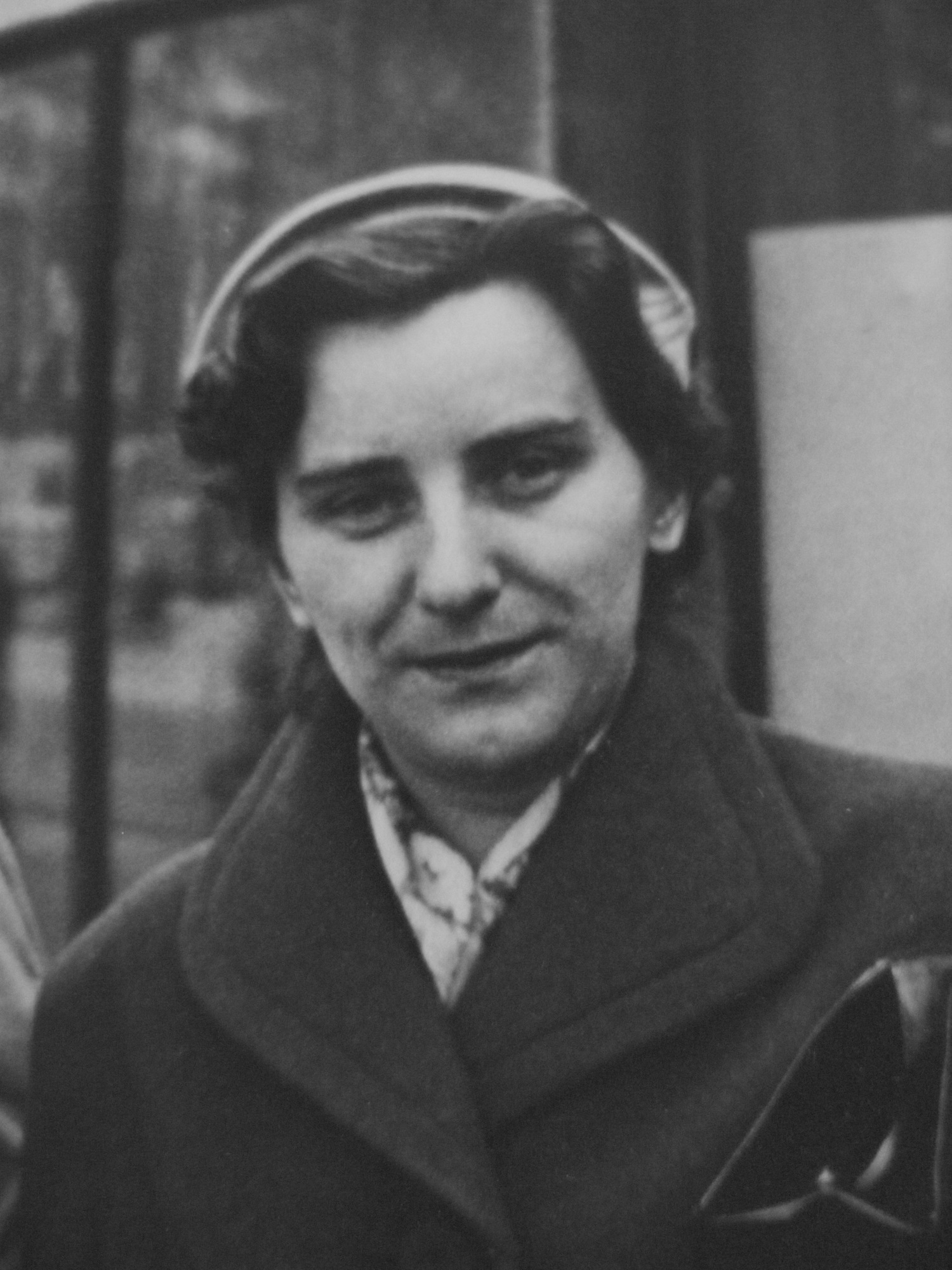“When you returned from prison, people were literally disappearing in the archways in front of you.”

Download image
Alena Posltová was born in 1930 in Litomyšl. She studied at a grammar school and graduated in 1949. She was a member of a girl-brigade of the Boy Scout since 1945. In 1948 she was a member of a student delegation to the leadership of the school that demanded the boycott of the general strike of the trade unions that was taking place in Czechoslovakia. The left and the trade unions presented the general strike as a demonstration of the popular support for the reshuffling of the government. In fact, it was meant to serve as a prelude to the Communist coup that took place the next day. In 1949 Alena Posltová took part in one of the meetings of the group ‘Hvězda’ organized by her schoolmate Miloslav Kohout. The purpose of the group was to take an active stand against the official ‘Czechoslovak union of the youth’ that had a devastating effect on the Boy Scout movement in Czechoslovakia. After she graduated from grammar school in 1949 she left for Prague without any further possibility to be engaged in the group. In the academic year of 1949/1950 she took up studies at two faculties of Prague’s Charles University simultaneously. She studied teaching at the Pedagogical faculty and Czech language and literature at the Philosophical faculty. Even though she wasn’t involved in the activities of the group except for the attendance of one meeting, she was arrested by the police for anti-state activities. The arrest took place in the autumn of 1949 and she was interrogated for three days at the infamous office Nr. 4. in Bartolomějská Street in Prague. She remained quiet about the arrest after her release and continued in her studies. However, she was arrested again on 16 September, 1950, this time in Litomyšl where she went after she had completed her last exam. She was one of the defendants in the trial with the principal Stříteský and with her former schoolmates. She was sentenced to ten years for treason on 11 October, 1950. Her sentence was eventually reduced to two years after she had appealed to the Supreme Court in Prague. Altogether she spent 13 months in jail before she was paroled. Except for Bartolomějská Street, she served her term in Chrudim and in Stíčany near Hrochův Týnec. After she was released from prison she had to work for one year outside of Litomyšl as a lathe operator in the Tesla factory in Pardubice. She was only granted to return home to her parents for health reasons. In Litomyšl, she later worked as an auxiliary worker in the Vertex glass works.

